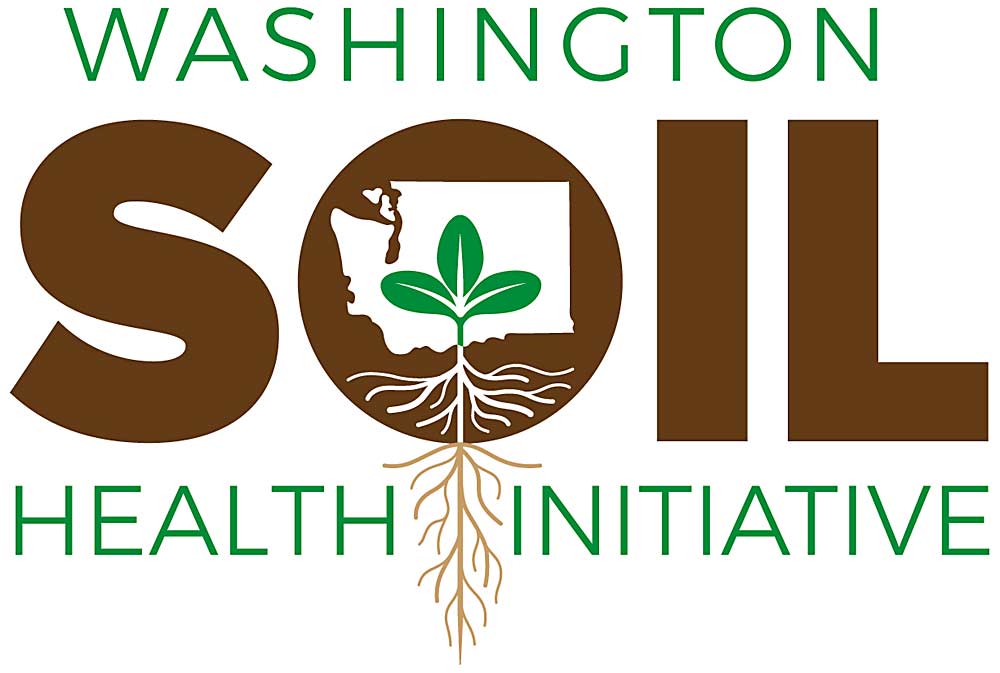
Washington state lawmakers have approved a broad new effort to benefit the state’s diverse agricultural systems through a focus on soil health.
Led by Washington State University, in partnership with the Washington State Conservation Commission and the Washington State Department of Agriculture, the state’s soil health initiative will work with producers to create a road map of future research and extension needs, develop better monitoring tools and build a network of long-term soil research and extension sites.

The project should benefit farmers, the environment and everyone who eats in Washington, Chad Kruger, director of WSU’s Center for Sustaining Agriculture and Natural Resources, told lawmakers earlier this year.
“Though farmers across the state are working hard to protect their soils, years of traditional farming techniques have depleted the natural fertility and health of our soils,” Kruger said in his testimony. “Soil is filled with living organisms that we barely understand but, we are beginning to realize, are extremely important for crop nutrition, plant defense and ultimately may even be the key to nutrition and human health.”
Long-term research sites, located at WSU facilities, will target major crop sectors, with tree fruit research planned at Sunrise Orchard in Wenatchee and wine grape research at the Irrigated Agriculture Research and Extension Center in Prosser.
With broad, bipartisan support, lawmakers allocated just over $1 million for efforts in the 2020-2021 budget year, with expected funding of over $2 million in subsequent biennia. The funding will support new scientists, research and outreach efforts.
The first steps for the effort this year will be working with crop producers to identify soil health priorities, said WSU extension specialist Chris Benedict, who is coordinating the initiative for the university. His extension colleagues will be working closely with interested growers to get that feedback, including Tianna DuPont in Wenatchee and Michelle Moyer and Gwen Hoheisel in Prosser.
The soil health challenges facing crop systems differ, but the initiative aims to help Washington’s diverse producers learn from each other and share the benefits of long-term research in the emerging field of soil health.
“Soil research takes a long time. It’s not one of those things you can do in a couple years,” Benedict said. “That’s why it’s so instrumental for the state to provide this funding.”
In addition to the benefits to growers from managing healthier soils, emerging research suggests that improving soil health can improve the quality of the crops produced from a nutritional standpoint, Benedict said. The initiative effort will eventually include research on that front as well, in collaboration with WSU’s new medical school.
—by Kate Prengaman






Leave A Comment